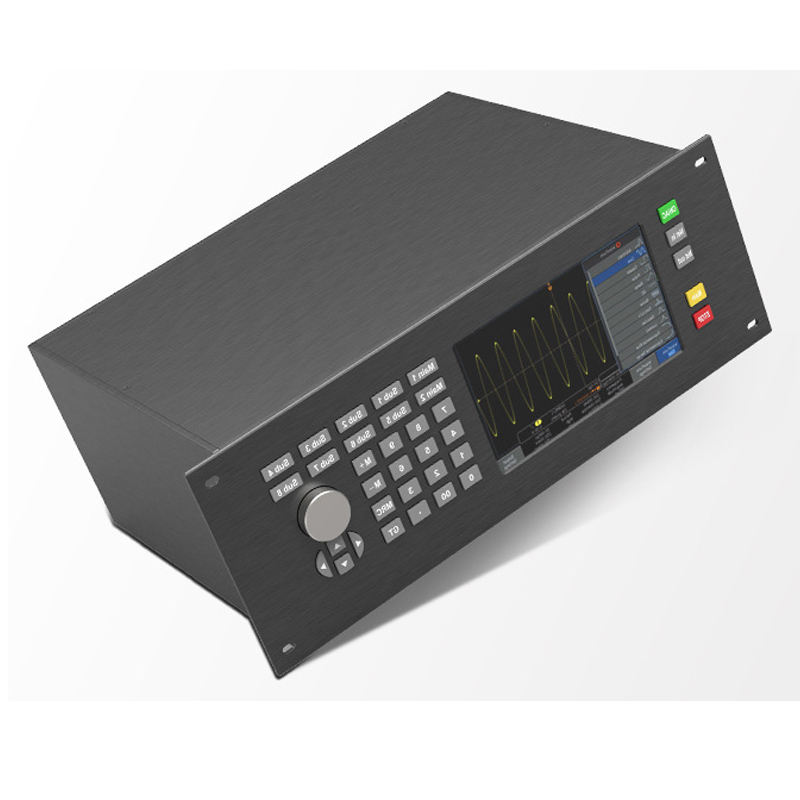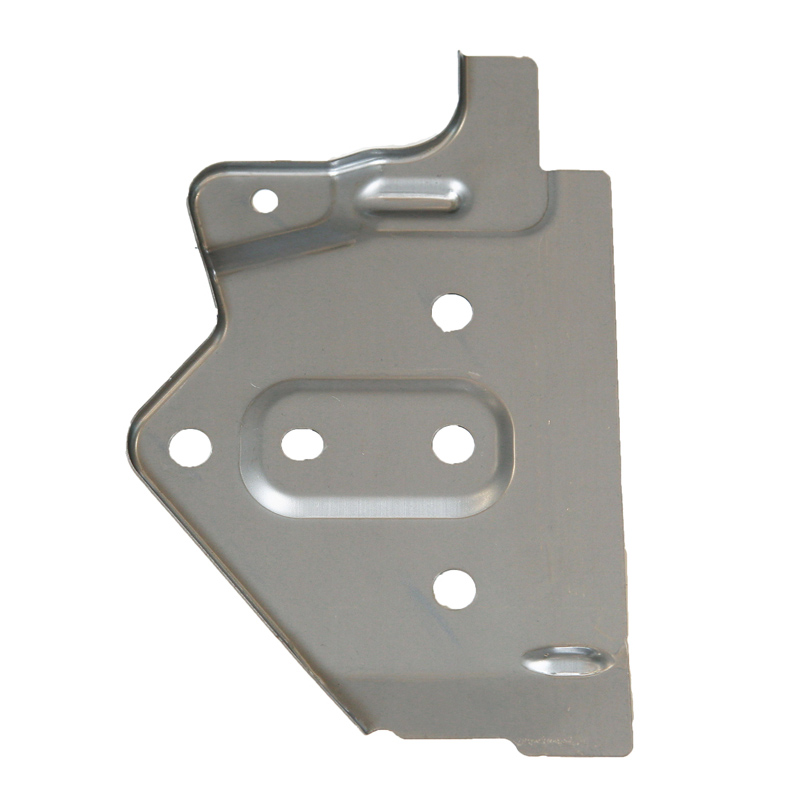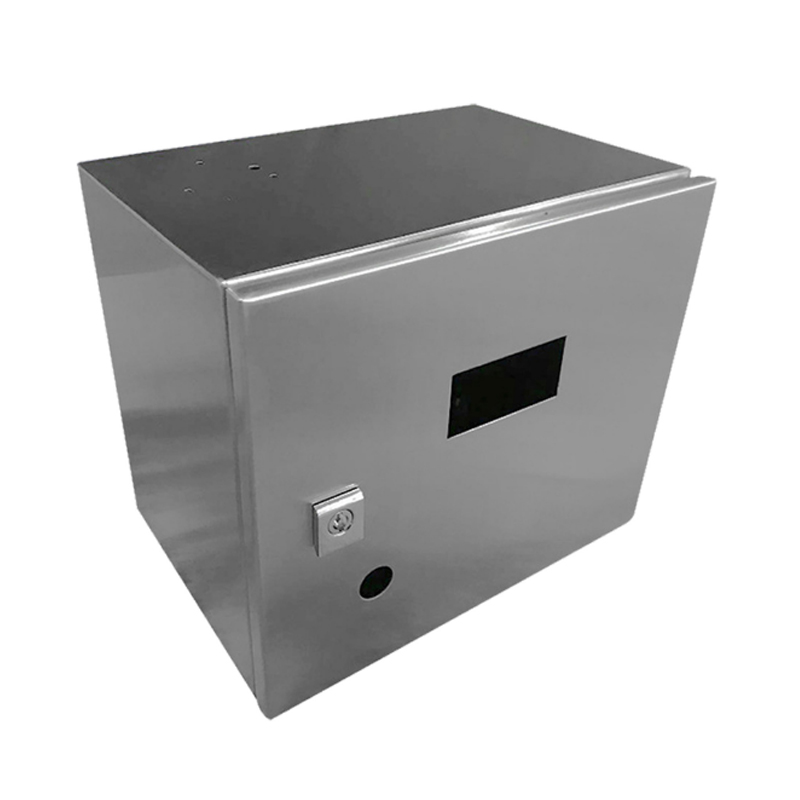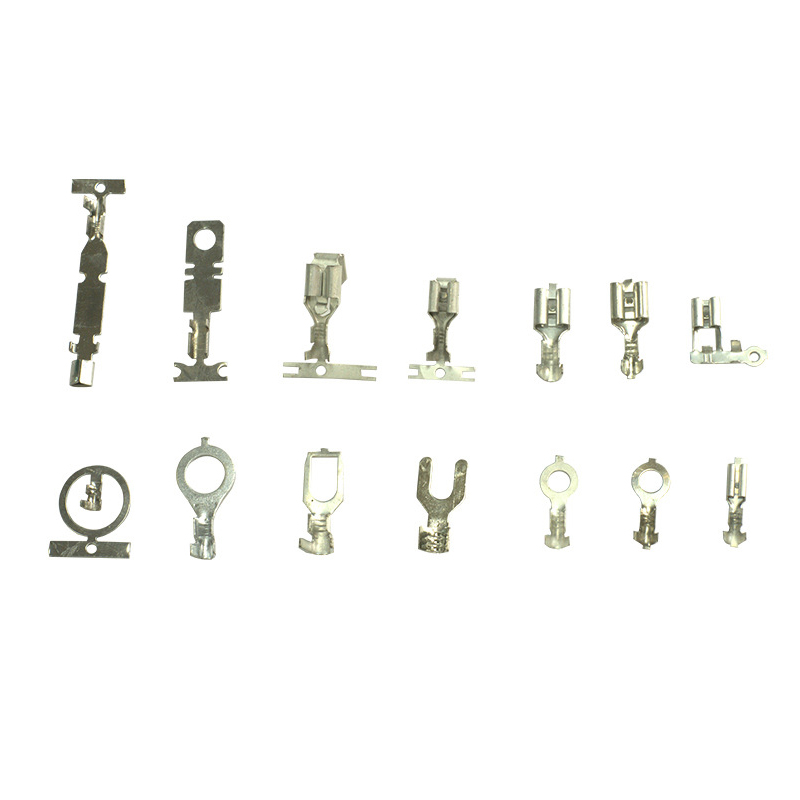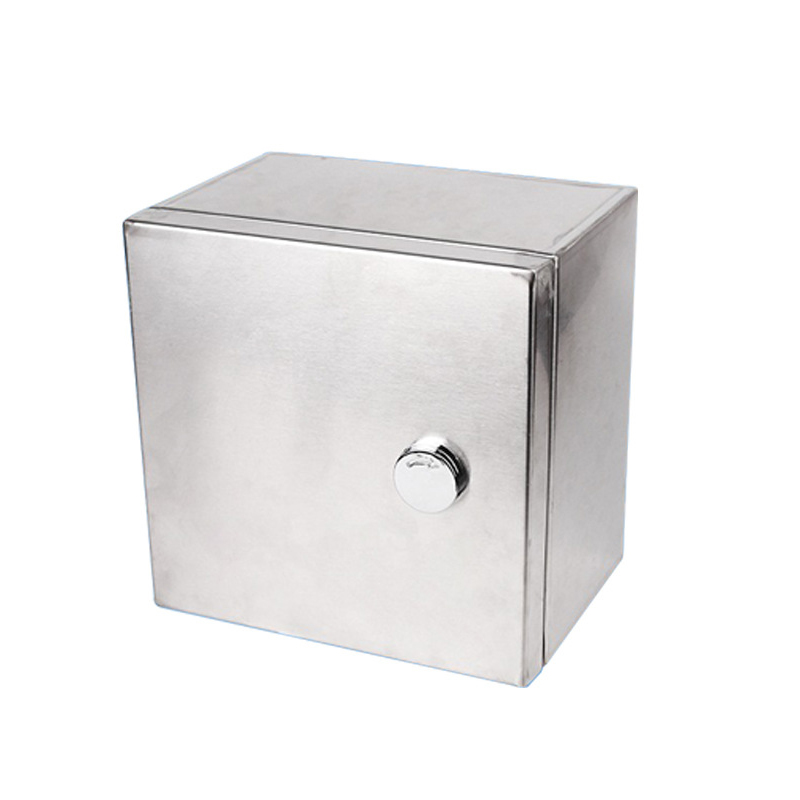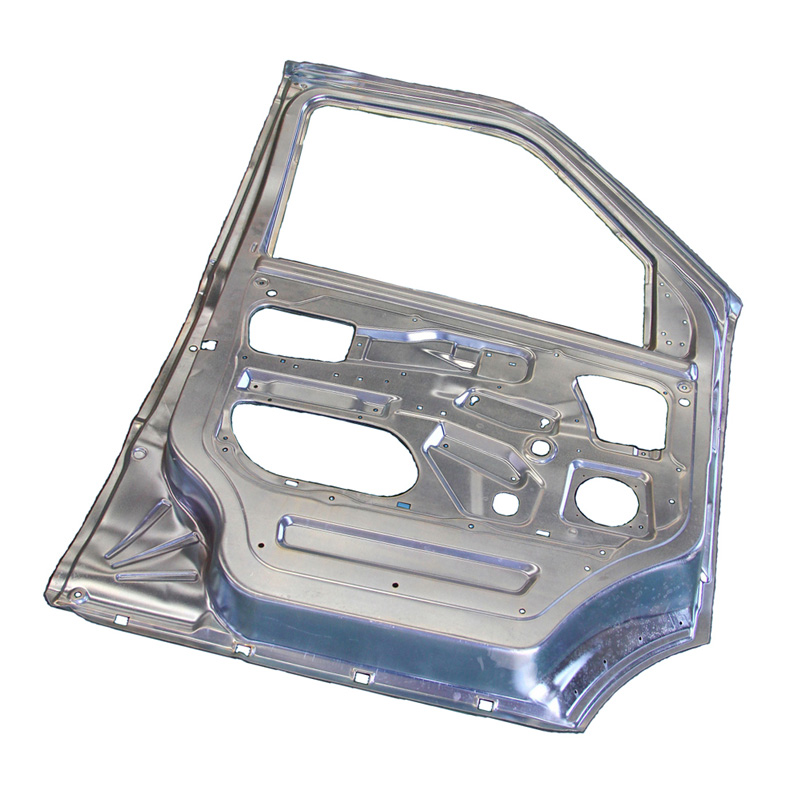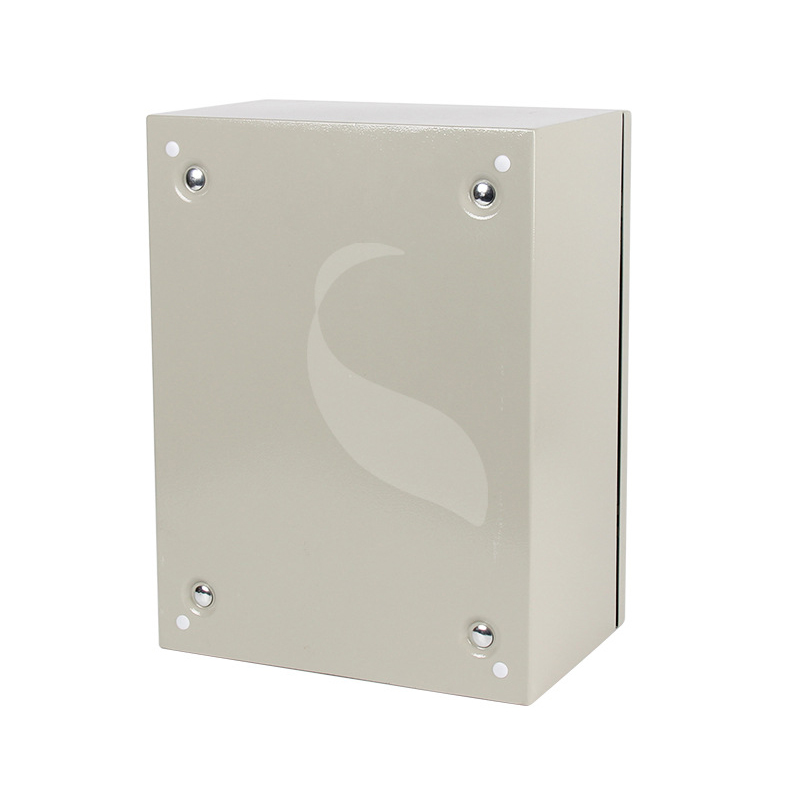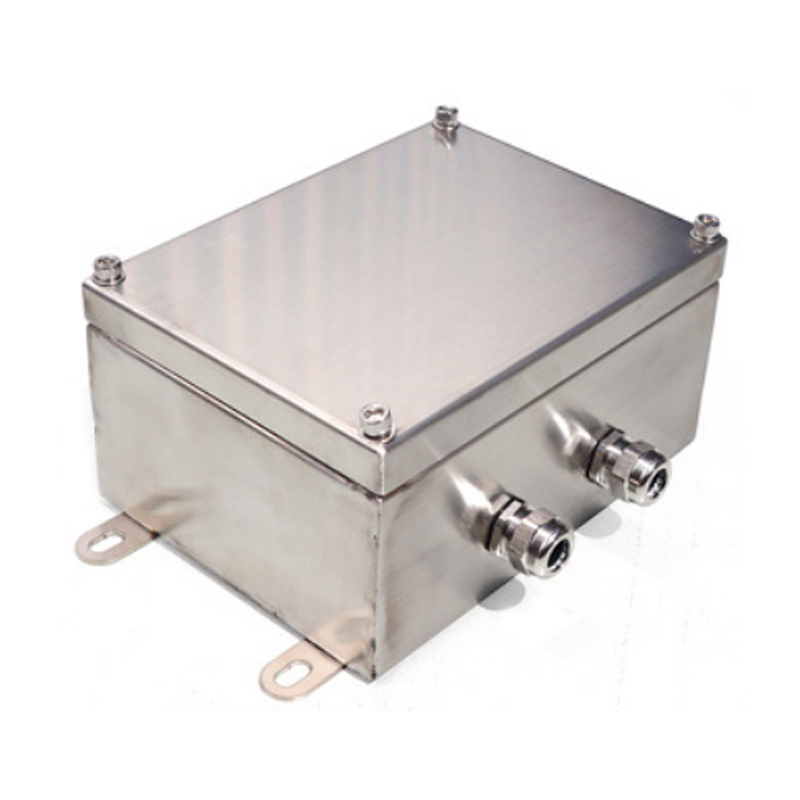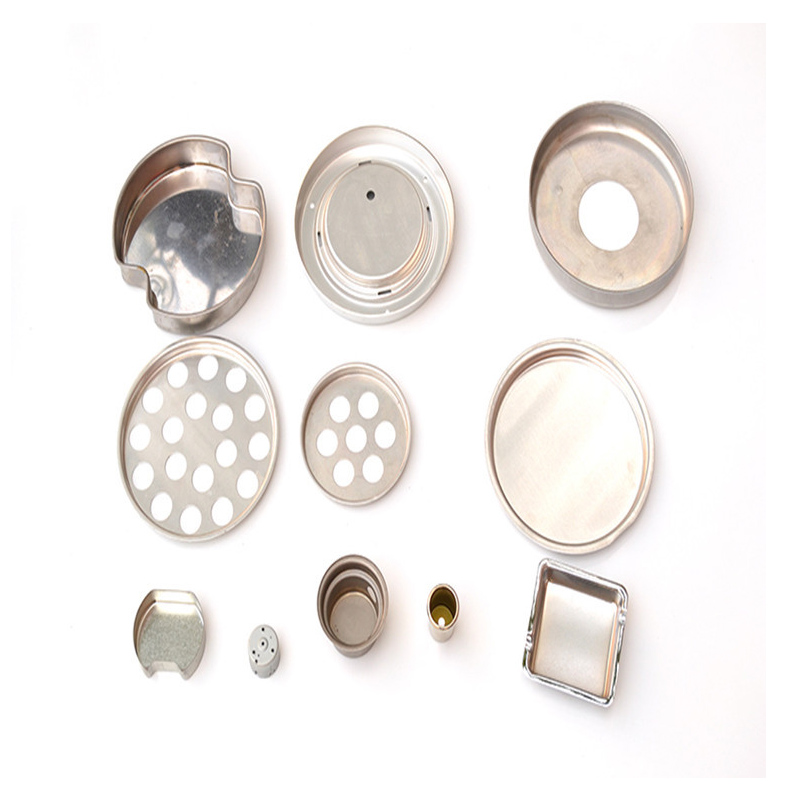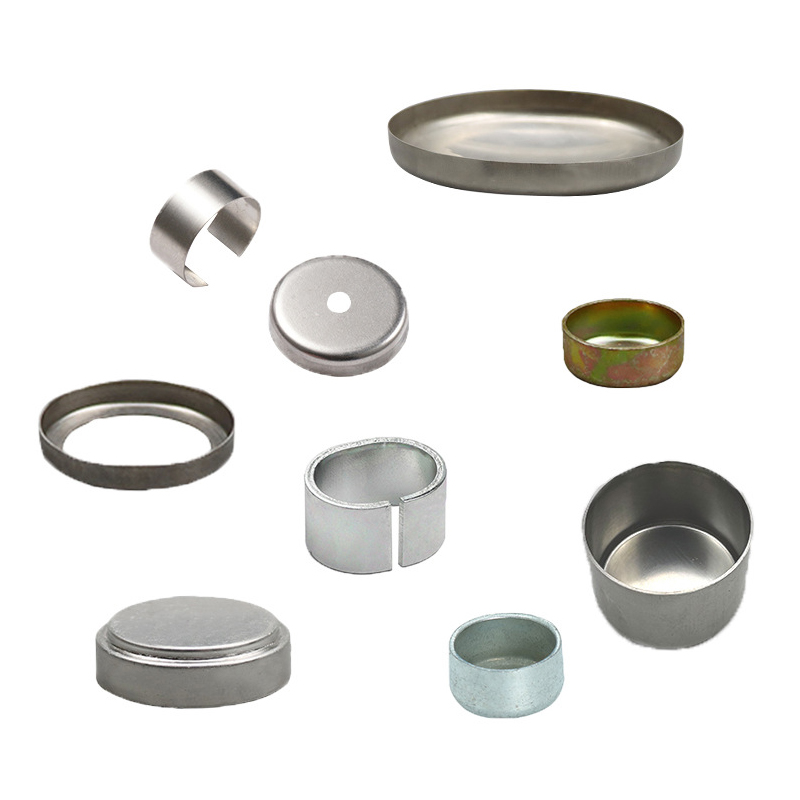Custom CNC Machining Services
Are you looking for a reliable and quick-turn provider of Custom CNC machining services? You’ve come to the right place! Using state-of-the-art CNC technologies, our unmatched team of machinists, engineers, and quality control experts works together to ensure your products are done right and shipped on time. We have designed our ISO 9001: 2015 certified CNC manufacturing facility for rapid prototyping and low-volume production of a broad range of components. Our Custom CNC machining services also complement our other manufacturing capabilities (like 3D printing and injection molding), providing you with an all-encompassing manufacturing solution. We produce simple and complex precision machined parts in a broad range of materials and surface finishes.
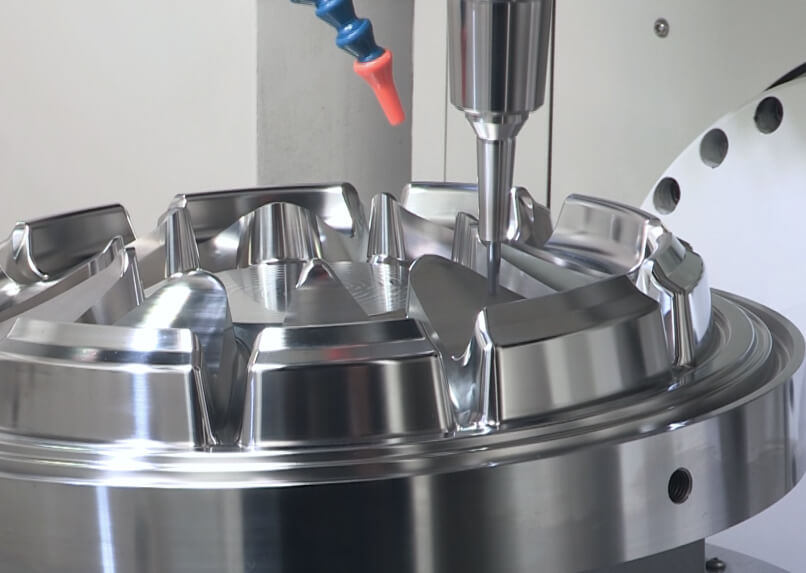
What is CNC Machining?
Computer numerical control (CNC) machining is a subtractive manufacturing processㅡwhich means it uses machine tools to remove portions of material from a workpiece till it forms the desired shape.
A computer program (also called G-code) controls the sequence by which CNC machine tools (or workpiece) move against each other to create the desired parts.
Standard CNC machines include multi-axis CNC milling machines, lathes (or turning machines), and routers. Although all CNC machine types rely on computer instructions to perform subtractive manufacturing, they differ slightly in their modes of operation.
For instance, CNC milling machines operate by holding the workpiece in place as the cutting tool rotates against it. In contrast, CNC turning machines create parts by holding the cutting tool in place as the workpiece rotates against it.
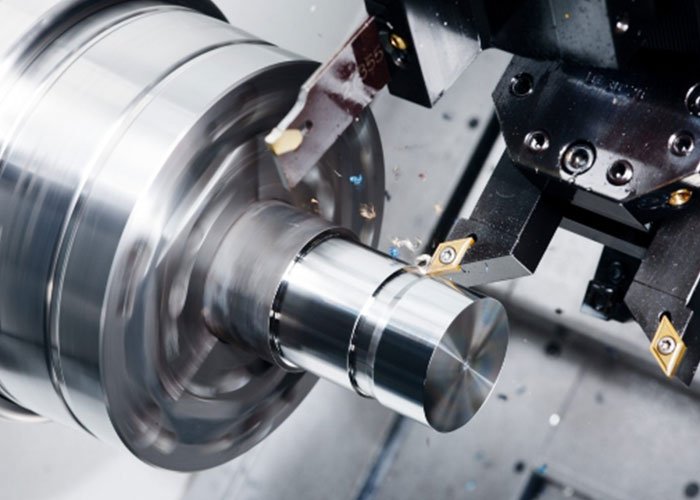
Why Choose Custom CNC Machining
CNC machines can create a broad range of features and high-precision parts. For instance, CNC milling machines are ideal for producing cavities, angled shapes, holes, and slots.
In contrast, CNC lathes are suitable for creating cylindrical shapes or parts that are symmetrical near their axis.
Nevertheless, CNC milling and turning machines can achieve tolerances as tight as ±0.001mm.
They are also compatible with a broad range of materials, including metals and plastics, so long as these materials are available in blocks. This is not the case with additive manufacturing technologies (like 3D printing), which are only compatible with plastics and a few metals.


